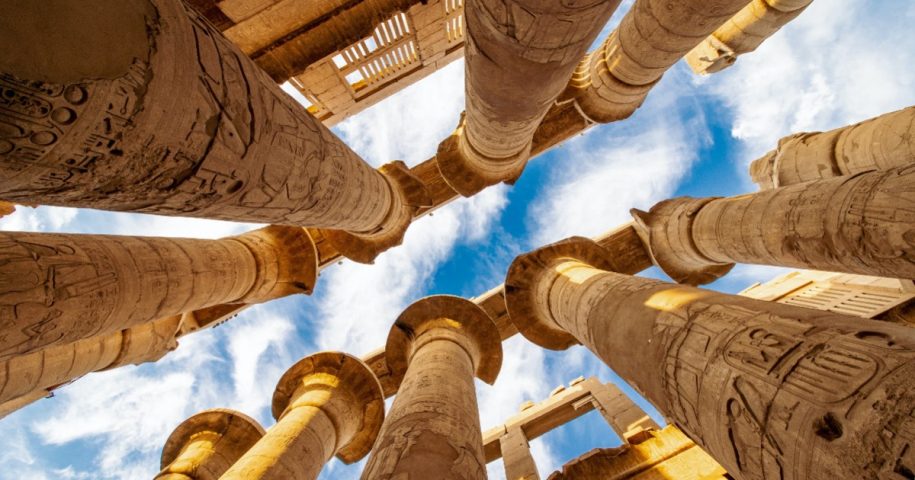Egypt History, Egypt is a country with a rich and fascinating history that stretches back thousands of years. From the early civilizations of the Nile Valley to the modern-day Arab Republic of Egypt, the country has been shaped by numerous dynasties, invasions, and revolutions. Here’s an overview of the key periods in Egypt’s long and complex history.
Prehistoric Egypt The earliest evidence of human settlement in Egypt dates back to around 7000 BC, during the Neolithic period. The ancient Egyptians were one of the first civilizations to develop a system of writing, as well as a sophisticated agricultural system that allowed them to cultivate crops along the fertile banks of the Nile River.
The Old Kingdom The Old Kingdom period of ancient Egypt, which lasted from around 2686 to 2181 BC, was marked by the construction of massive pyramids and the development of a centralized government. The pharaohs of the Old Kingdom were seen as divine rulers, and their power was reflected in the monumental architecture of their tombs and temples.
The Middle Kingdom Following a period of political upheaval and decentralization known as the First Intermediate Period, the Middle Kingdom period of ancient Egypt saw the emergence of a more stable and centralized government. The pharaohs of the Middle Kingdom expanded the empire’s borders, built a network of canals, and developed new techniques in agriculture and metalworking.
The New Kingdom The New Kingdom period of ancient Egypt, which lasted from around 1550 to 1070 BC, saw the rise of some of Egypt’s most famous pharaohs, including Hatshepsut, Tutankhamun, and Ramesses II. The pharaohs of the New Kingdom period built massive temples and monuments, and their empire extended as far south as Nubia and as far east as the Euphrates River.
Greek and Roman Rule In the 4th century BC, Alexander the Great conquered Egypt, and his successors established the Ptolemaic dynasty. Under Greek rule, Egypt became a center of learning and culture, with the famous Library of Alexandria serving as a hub of scholarship. Following the Roman conquest of Egypt in 30 BC, the country became a province of the Roman Empire.
Islamic Egypt Following the Arab conquest of Egypt in 641 AD, the country was ruled by a series of Islamic dynasties, including the Abbasids, the Fatimids, and the Mamluks. During this period, Egypt became a center of Islamic learning and culture, and Cairo became one of the largest and wealthiest cities in the world.
Modern Egypt In the 19th and 20th centuries, Egypt was ruled by a series of monarchs, including Muhammad Ali Pasha and King Farouk. In 1952, a group of military officers led by Gamal Abdel Nasser overthrew the monarchy and established the modern-day Arab Republic of Egypt. Since then, the country has undergone numerous political and social changes, including the Arab-Israeli conflict, the Arab Spring protests, and the rise of Islamist movements.
In conclusion, Egypt’s long and complex history has shaped its culture, society, and identity. From the ancient pyramids and temples of the pharaohs to the modern-day bustling streets of Cairo, Egypt’s rich heritage can be seen in every corner of the country.


Leave a Reply